The trade war is getting more and more intense as US President Donald Trump began announcing tax policies against a number of countries, especially on aluminum and steel.
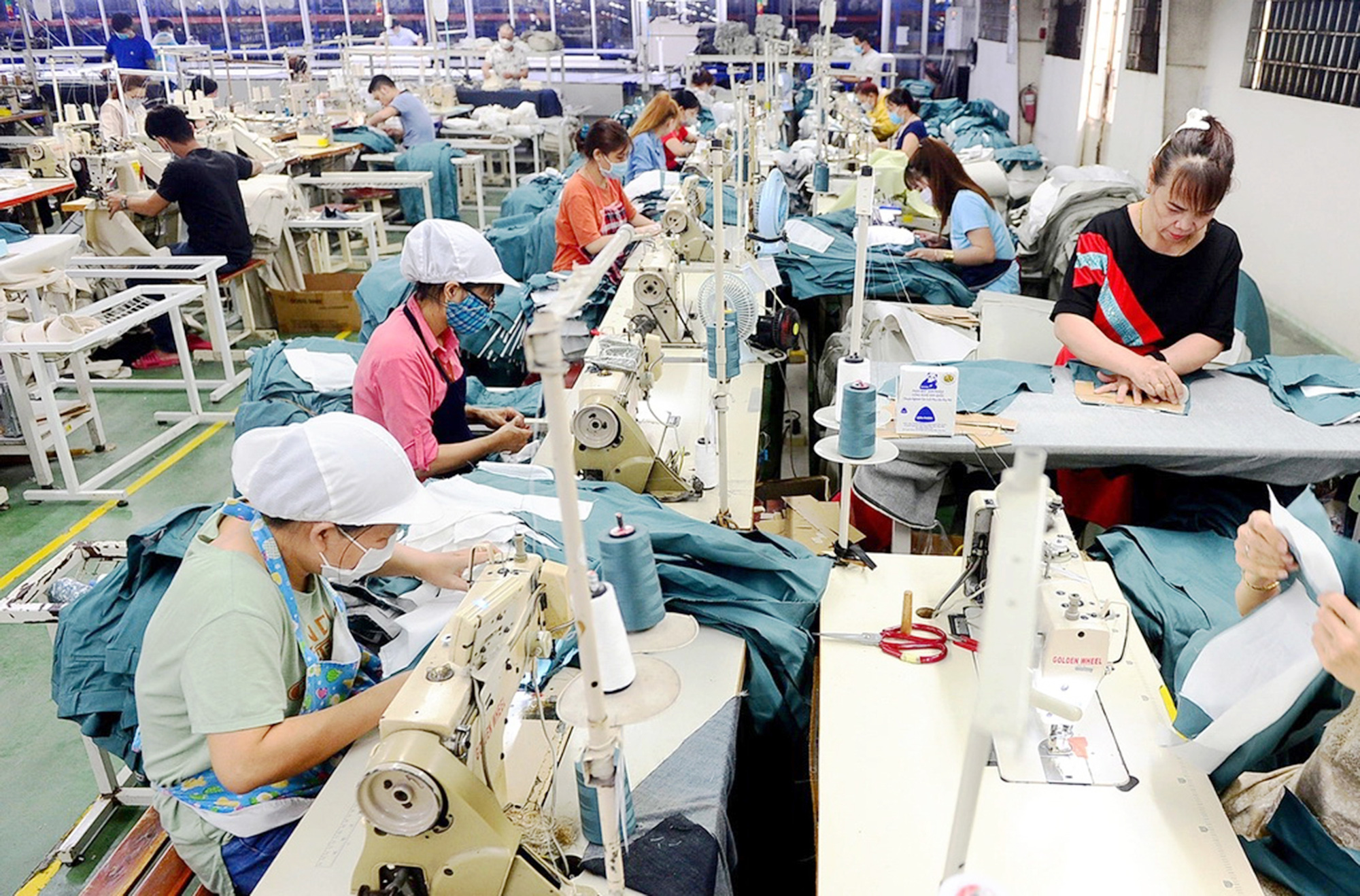
Textile workers working in Thu Duc City, Ho Chi Minh City - Photo: QUANG DINH
This reality raises concerns about the risk that the US will take similar actions against countries with large trade surpluses. Therefore, businesses and associations believe that it is necessary to carefully assess the opportunities and challenges to respond.
Identify opportunities, respond to challenges
Speaking to Tuoi Tre, Mr. Hoang Manh Cam - Deputy Chief of Office of Vietnam Textile and Garment Group - said that with the US imposing higher tariffs on Chinese goods, the Vietnamese textile and garment industry will certainly benefit. Because with the second position in market share in the US after China and far ahead of the remaining countries, Vietnamese garment products will have more opportunities to expand their market share in this market.
According to Mr. Cam, the US will also tighten the control of origin (regulations under the Forced Labor Protection Act - UFLPA) and continue to adjust the De Minimis regulations in the rules of origin of goods. Therefore, if Vietnam complies well with the regulations, it will have more opportunities to enter this market.
Previously, the results of the US Customs investigation of textiles exported to the US showed that Vietnam complied very well with the UFLPA.
With China's retaliatory measures against the US's tax policy, such as imposing taxes on some products, investigating some US brands/enterprises..., including famous US fashion brands, according to Mr. Cam, this could be an opportunity to shift orders of brands as well as production to Vietnam.
However, with a relatively high export surplus to the US, Vietnam is still at risk of being taxed.
Regarding textiles, according to Mr. Cam, there is concern that they may be subject to tighter controls to prevent the origin of Xinjiang cotton, as well as that Chinese manufacturers may enter Vietnam to "take refuge". "Therefore, Vietnam needs to have policies to improve compliance with regulations on origin to avoid being taxed", Mr. Cam advised.
Meanwhile, Mr. Ngo Sy Hoai - Vice President and General Secretary of the Vietnam Timber and Forest Products Association - said that it is very difficult to predict Mr. Trump's tax policy, especially for the wood industry when trade between the two countries is a mutually beneficial interaction, creating added value, based on the comparative advantages of each country.
This trade relationship is also consistent with the US policy of not depending on one factory and seeking friend-shoring sources to diversify supplies. Vietnam is also the second largest consumer of US wood materials, after China, to make high-quality products such as kitchen cabinets, dressing tables, and household wooden furniture.
"It is very difficult for Vietnamese wood enterprises to find output markets to replace the US market, and in the opposite direction, it is also very difficult for American people to find other sources of supply that can replace imported wood products from Vietnam. It would be a pity for both sides if tariff barriers appeared, causing the two-way wood trade between Vietnam and the US to be disrupted," said Mr. Hoai.
Goods of two countries complement each other, less competitive
According to a representative of the European-American Market Department (Ministry of Industry and Trade), the economic, trade and economic relations between Vietnam and the US are complementary in nature. The export and foreign trade structures of the two countries do not compete directly but complement each other, in accordance with the internal needs of each country.
Vietnamese goods exported to the US mainly compete with third countries, not directly competing with US businesses but also creating conditions for US consumers to use cheap Vietnamese goods.
Therefore, the Ministry of Industry and Trade assesses that the economic and trade pillars will continue to develop steadily in the overall comprehensive strategic partnership between Vietnam and the US.
Existing issues in bilateral economic and trade relations, if any, will be proactively discussed through the policy dialogue mechanism of the Vietnam - US Trade and Investment Council, a mechanism that is being continuously maintained and achieved effectiveness at all levels, contributing to long-term orientation of the development roadmap of bilateral economic and trade relations.
Faced with the complicated developments of the world market situation, a leader of the Ministry of Industry and Trade said that the ministry has directed foreign market departments and the system of trade offices to closely monitor and grasp information about the market situation, economic, political and policy fluctuations... affecting trade with Vietnam in order to promptly advise the Government on appropriate policy responses.
Proactively develop scenarios and response plans when global trade tensions escalate.
With the viewpoint of always being steadfast in the strategy of diversifying import-export markets, diversifying industries and products, this person emphasized that using science and technology as a lever, increasing the value-added content and technology content of products manufactured and processed in Vietnam is the goal. "We must take advantage of Vietnam's existing advantages to gradually enhance Vietnam's role and position in the world's supply chain as well as in the international market," he said.
According to this person, the Ministry of Industry and Trade recommends that businesses proactively develop roadmaps and solutions to diversify export markets, improve product quality, ensure technical, labor, and environmental standards, etc.
"It is necessary to focus on controlling the origin of raw materials for production, as well as carefully evaluating investment cooperation with businesses from countries that are having trade tensions with the US," he recommended.
Proactively respond to trade defense lawsuits
Mr. Tran Thanh Hai, Deputy Director of the Import-Export Department (Ministry of Industry and Trade), said that the imposition of tariffs by the Trump 2.0 administration shows that unilateralism will remain a trend that has a major impact on international trade in the coming time.
In addition to imposing tariffs, the US may increase the application of trade defense measures because during Mr. Trump's first term, the number of trade defense cases increased by 40%. Therefore, Mr. Hai believes that preparing a response scenario and having an appropriate attitude is necessary in the face of developments in trade conflicts between countries.
"Businesses need to persistently fight with other countries to prove that our goods are not subsidized or dumped, as well as fully prepare and be transparent about the production process if they are sued," said Mr. Hai.
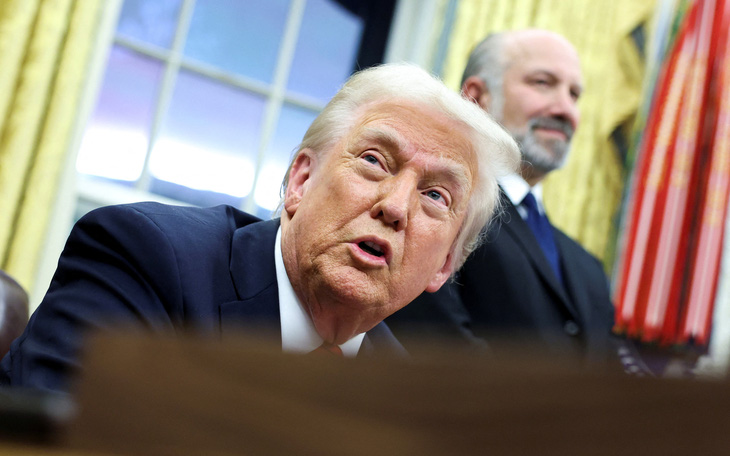 Risk of all-out trade war
Risk of all-out trade warSource: https://tuoitre.vn/ung-pho-voi-thuong-chien-tan-dung-co-hoi-han-che-rui-ro-20250213232341713.htm




![[Photo] Closing of the 11th Conference of the 13th Central Committee of the Communist Party of Vietnam](https://vstatic.vietnam.vn/vietnam/resource/IMAGE/2025/4/12/114b57fe6e9b4814a5ddfacf6dfe5b7f)


![[Photo] Overcoming all difficulties, speeding up construction progress of Hoa Binh Hydropower Plant Expansion Project](https://vstatic.vietnam.vn/vietnam/resource/IMAGE/2025/4/12/bff04b551e98484c84d74c8faa3526e0)
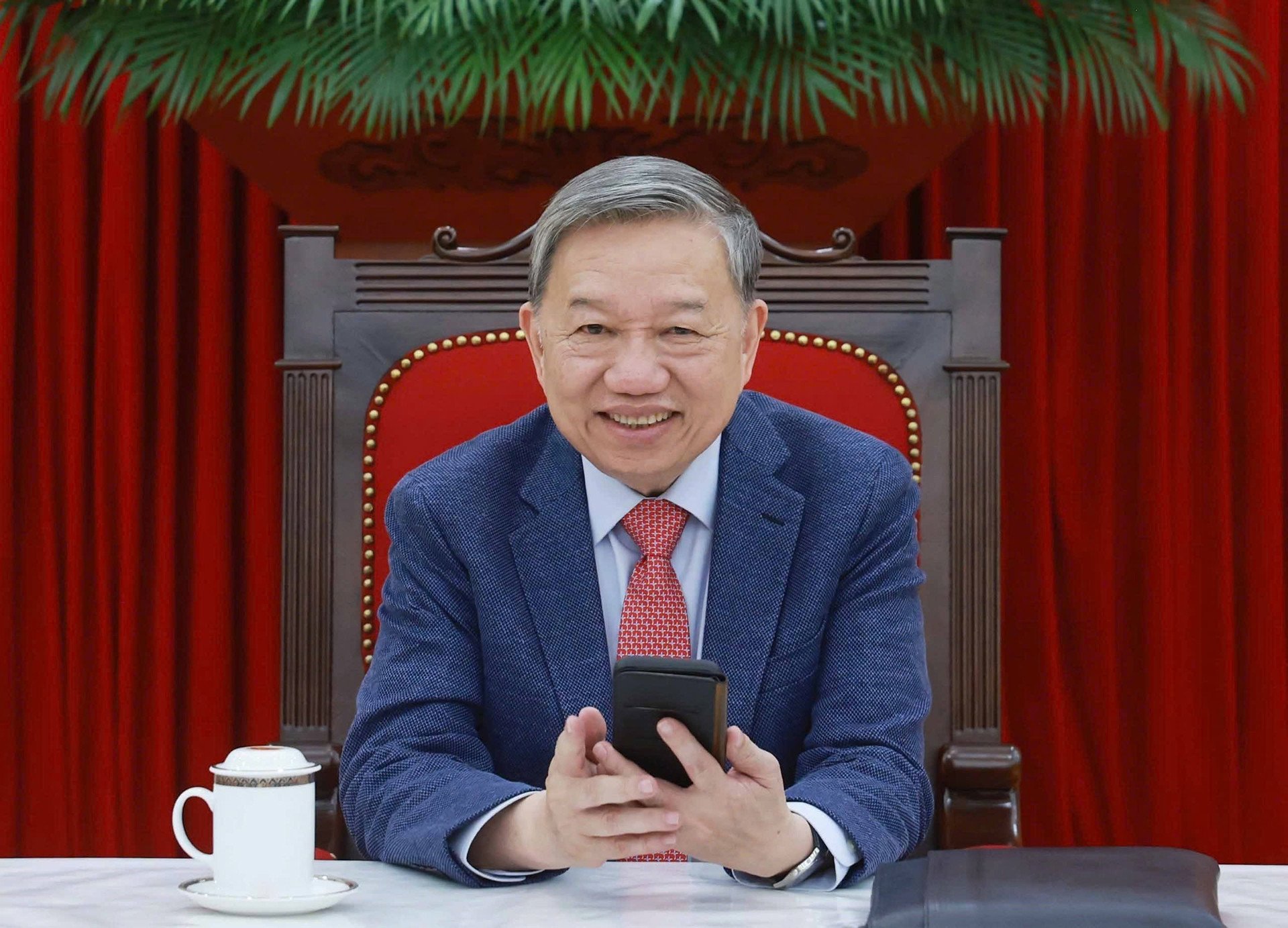



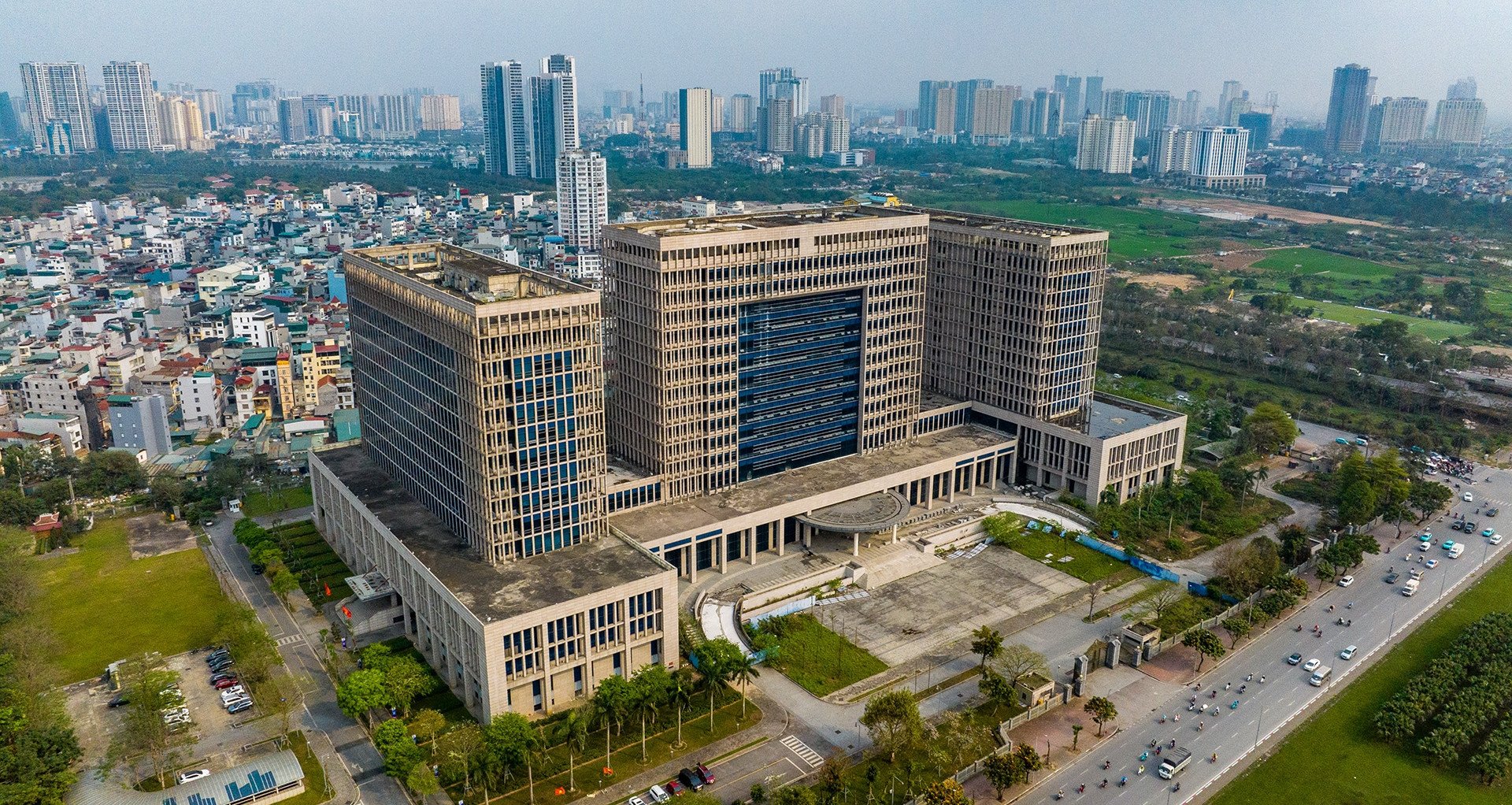


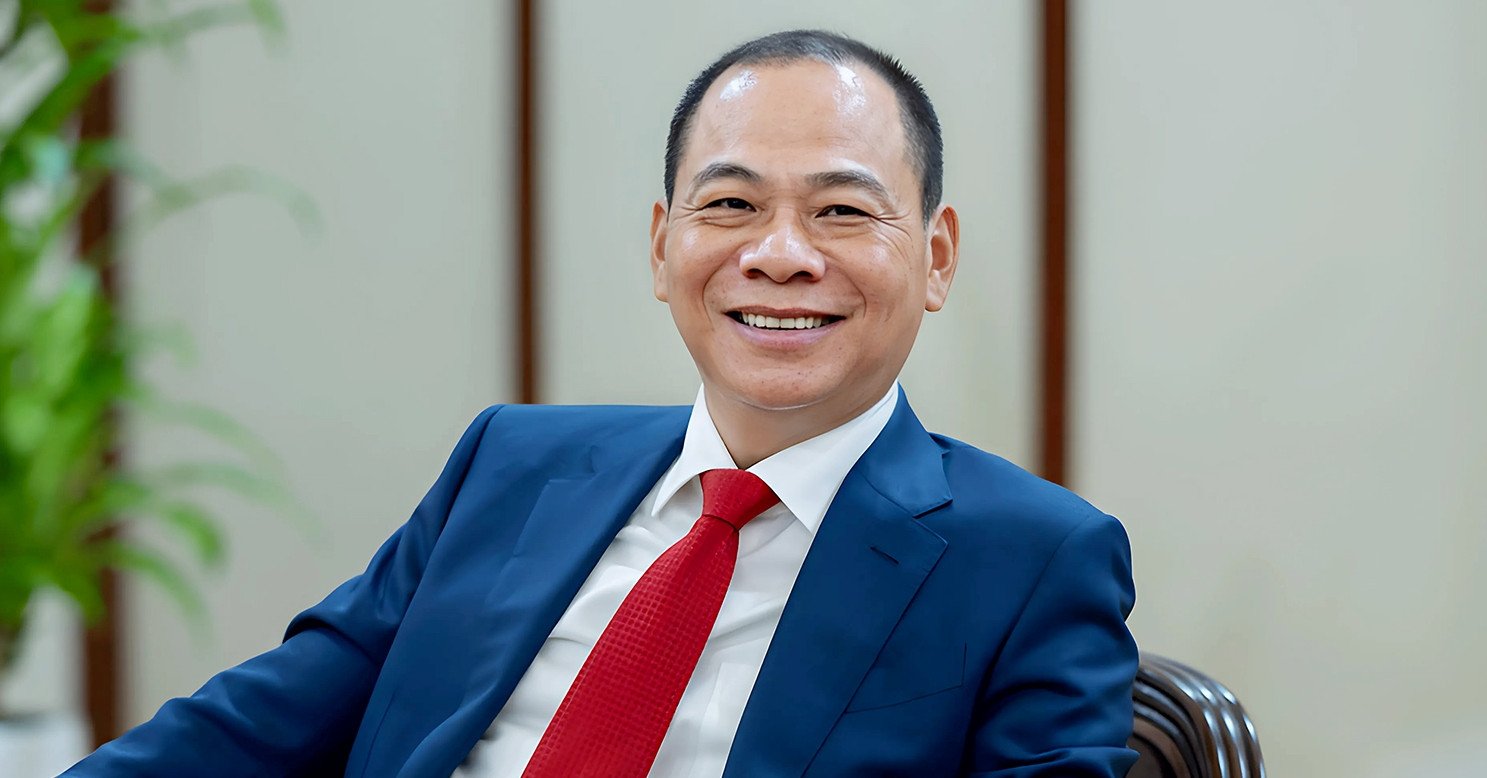
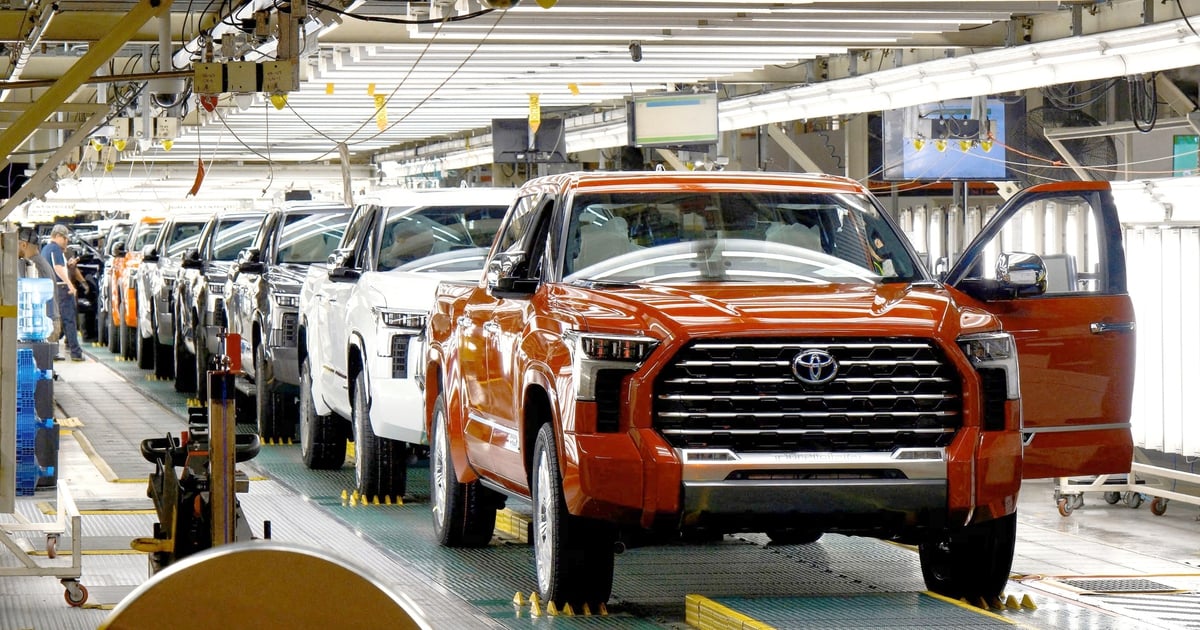
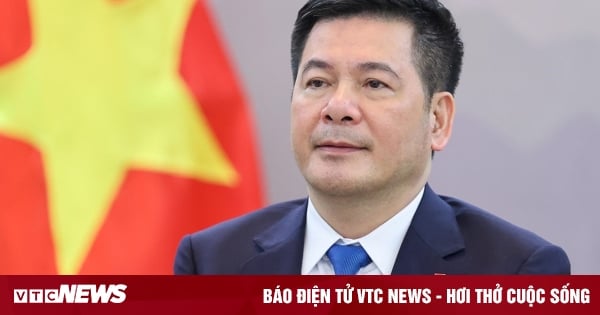


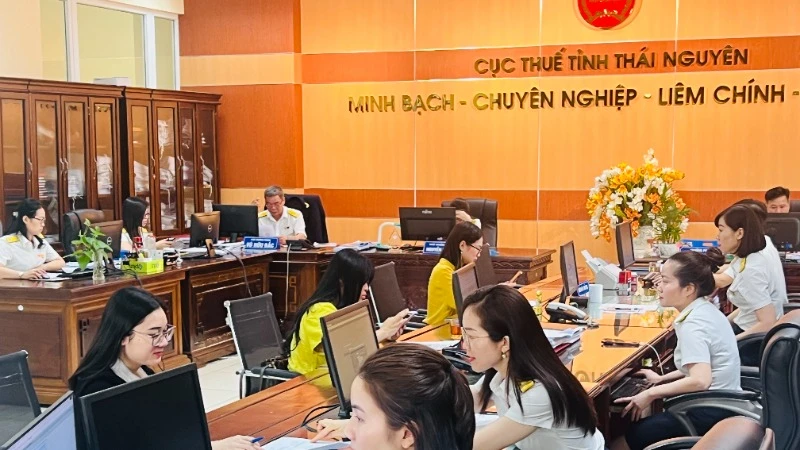
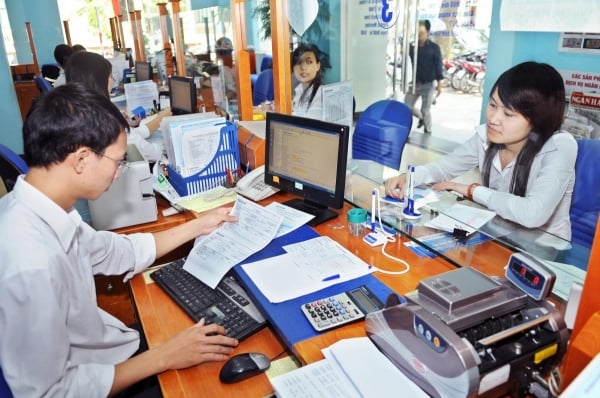







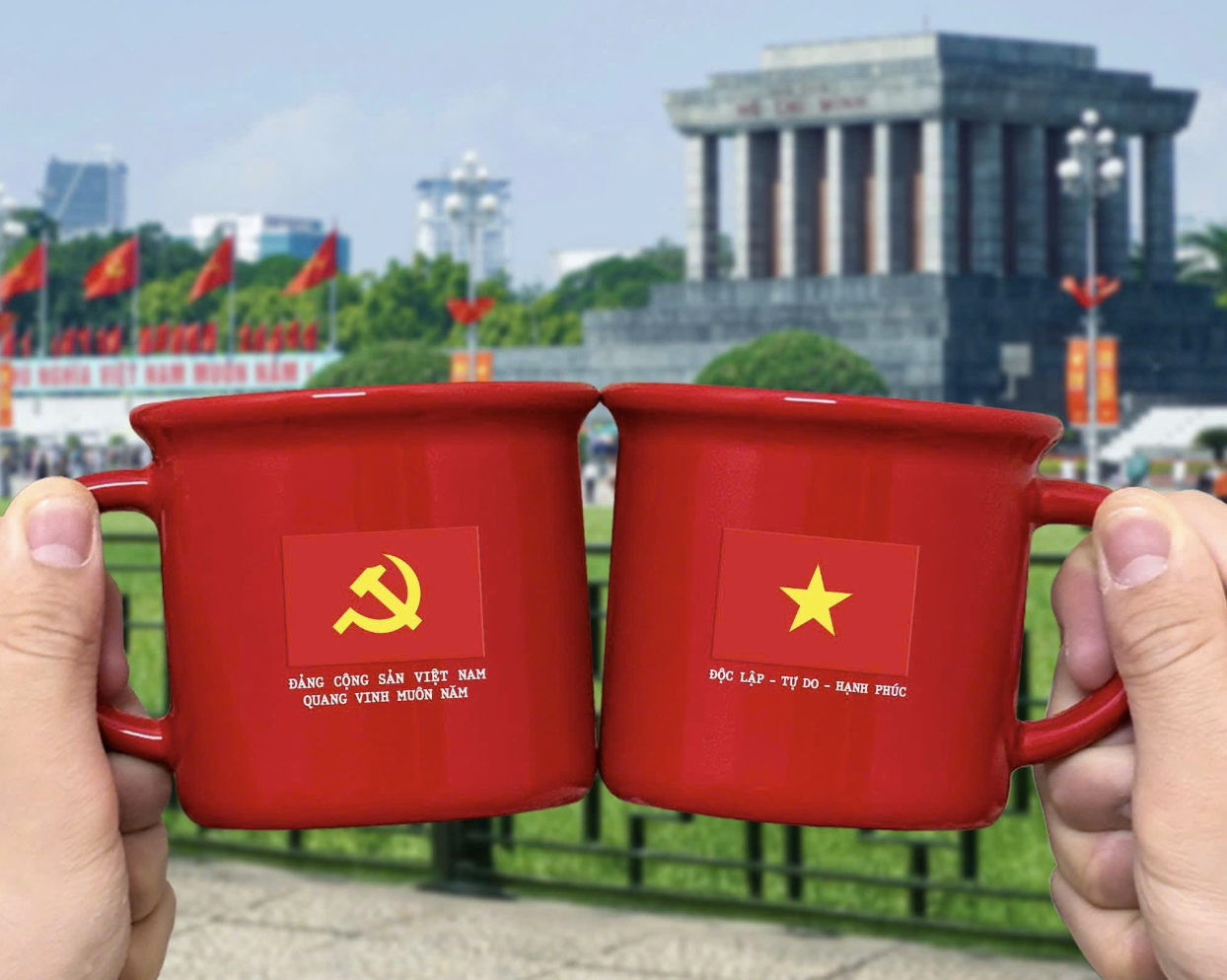

































































Comment (0)